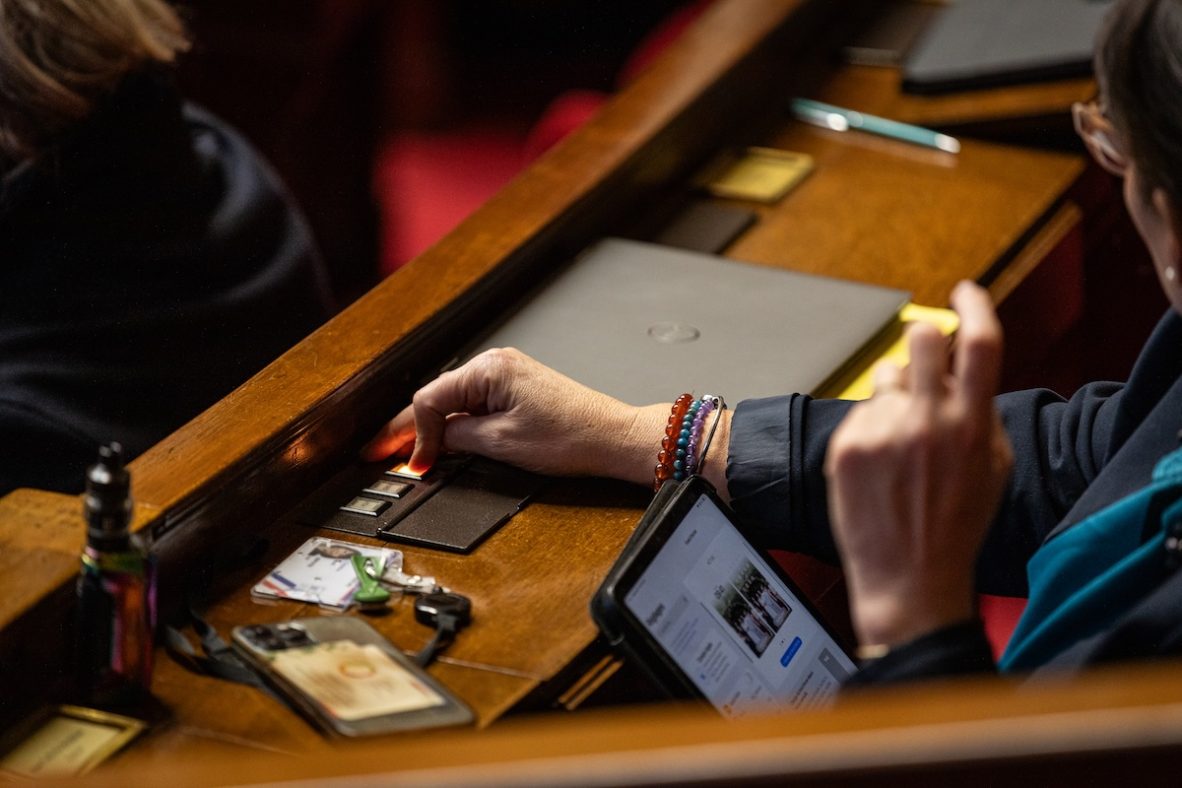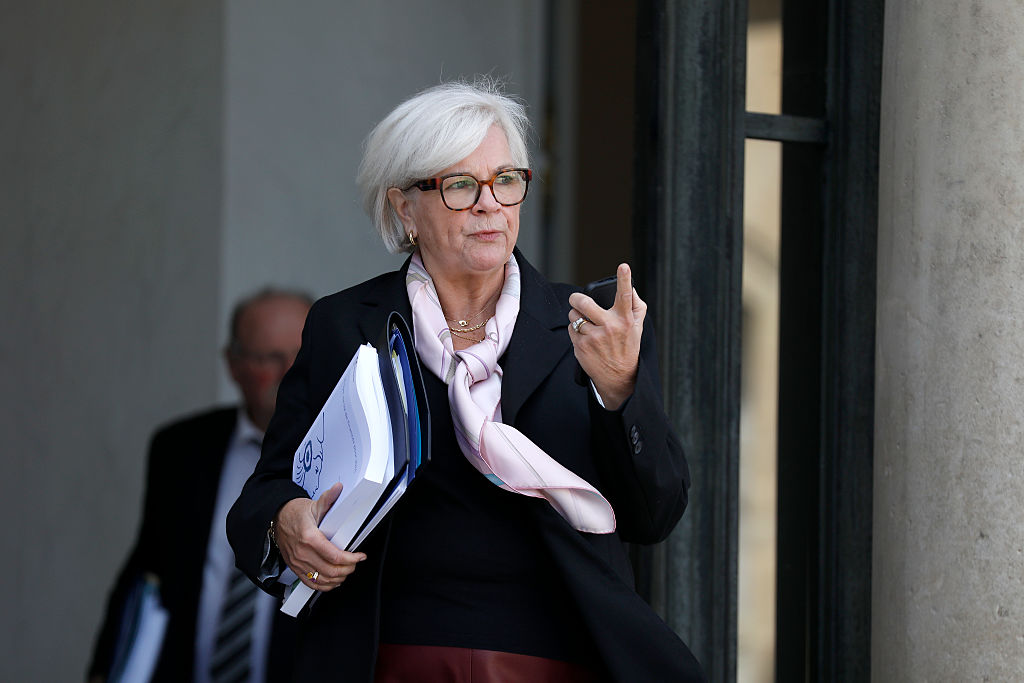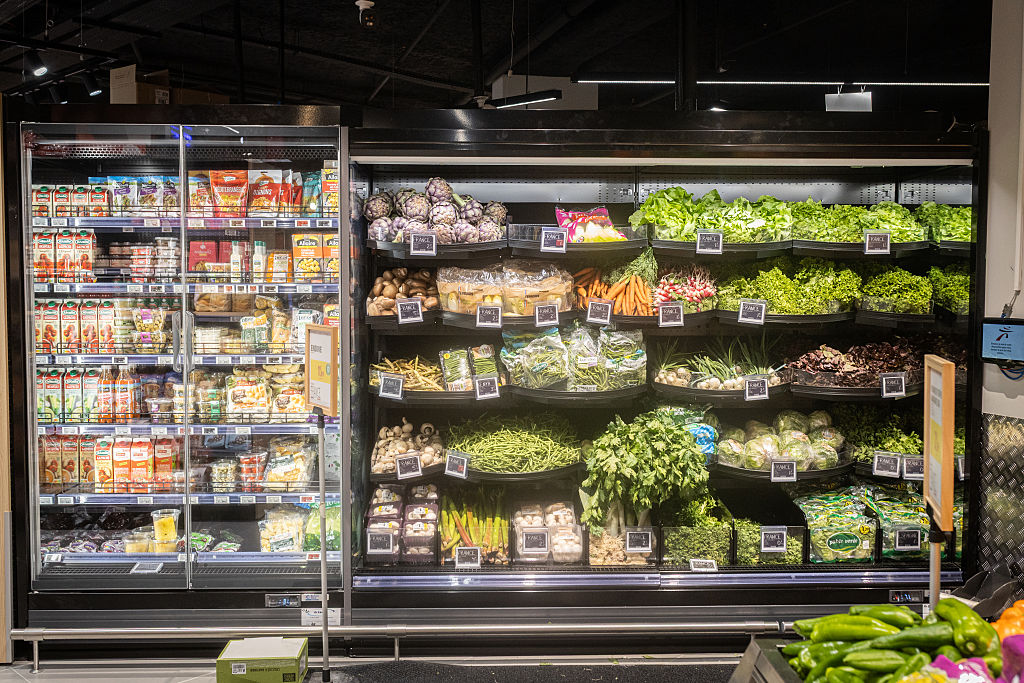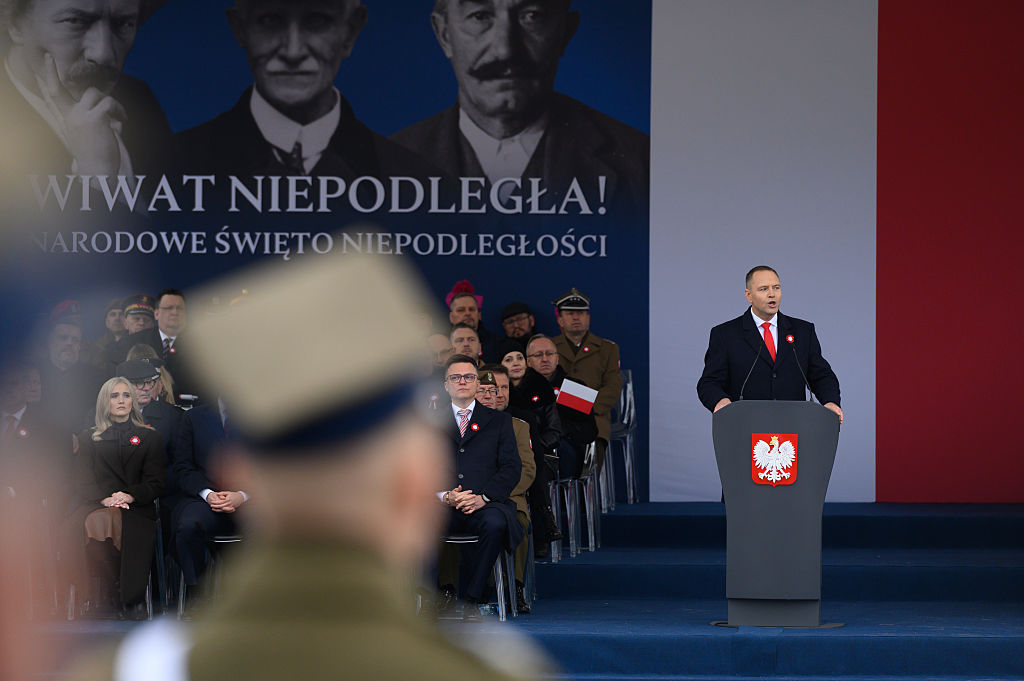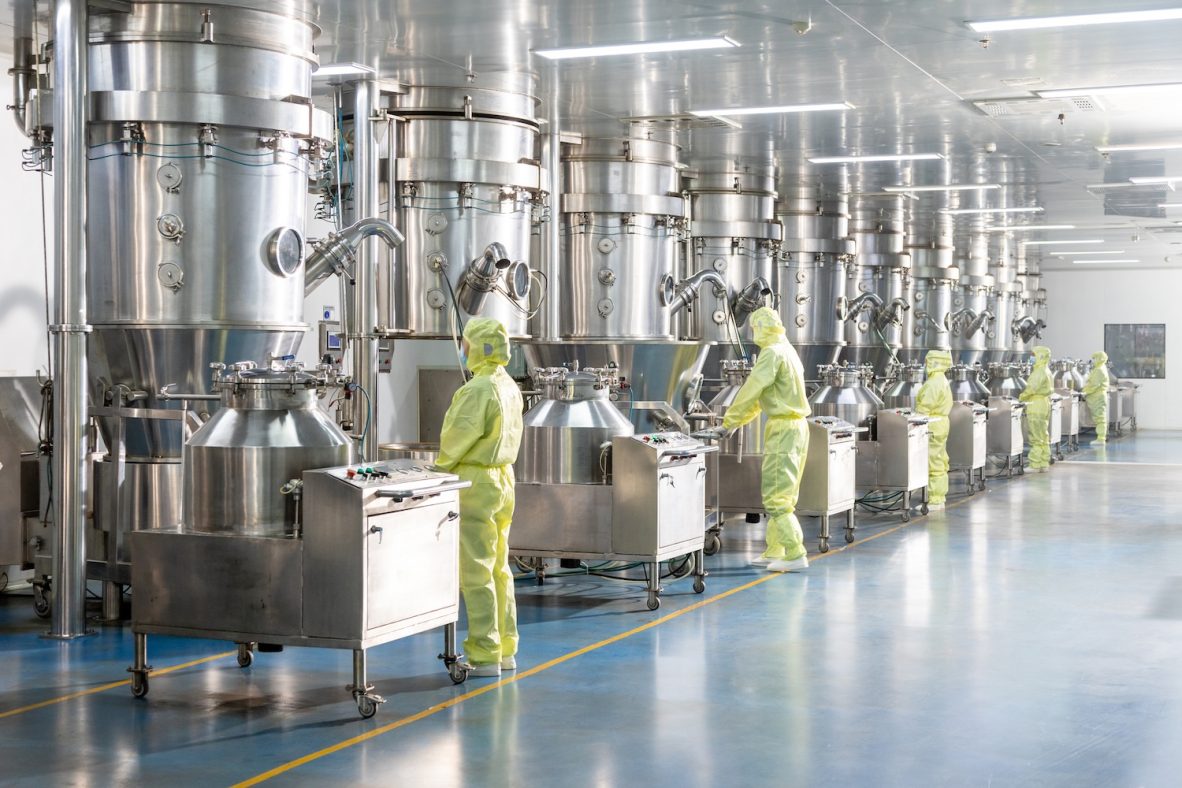EU countries soften opposition to EU-Mercosur deal
An additional regulation with safeguard measures against harmful imports is pushing the most critical member states to reconsider their stance

Following the European Commission’s adoption of the EU-Mercosur trade agreement on Wednesday, key opponents such as France have toned down their stance, while the European Parliament emerges as the more divided arena.
The deal, which was adopted by the EU executive, now requires the approval of both the Council and the European Parliament before it can come into force.
France, Poland and Ireland had previously opposed the deal due to concerns that it would harm their farming industries, particularly in the beef, poultry and sugar sectors.
In an attempt to allay these concerns, the Commission has pledged to present an additional regulation outlining safeguard measures that would be implemented should agri-food imports from Mercosur countries Brazil, Argentina, Paraguay and Uruguay damage EU markets.
According to a Commission declaration adopted on Tuesday, these measures could also target “one or several member states,” and can be applied temporarily before a final decision is made.
Adjusting positions
The promise is nudging the most reluctant member states to reconsider.
Commission President Ursula von der Leyen has “listened to the reservations expressed” by Paris, French government spokesperson Sophie Primas told reporters on Wednesday. Trade Minister Laurent Saint Martin added that France will now examine the proposal “to ensure the effectiveness of the mechanism.”
According to Italian media, the new measures also convinced Italy, which previously expressed some reservations.
The Polish government still opposes the agreement, but Agriculture Minister Stefan Krajewski suggested Warsaw is already preparing the ground for eventual approval, saying on national TV Tuesday that the government is “seeking solutions” and “preparing for various scenarios to protect our farmers.” The remarks come as the opposition PiS party and former EU Commissioner Janusz Wojciechowski accuse the government of having “surrendered” to Brussels.
Divided MEPs
In the European Parliament, agricultural aspects of the deal have caused divisions within political groups, with fault lines cut more along national than party lines.
The centre-right European People’s Party (EPP), the main group in the Parliament, welcomed the deal, saying it is ready to “move forward with the ratification of this historic deal.”
But dissent is growing inside the EPP. This should not be done “on the backs of our farmers,” MEP Herbert Dorfmann warned. On Tuesday, a group of 40 MEPs – 14 of them from the EPP – expressed their opposition to the deal in a letter to the Commission.
“It will be a wonderful Christmas gift for the world,” said the German socialist MEP and influential figure in Brussels, Bernd Lange (S&D), noting that the EU is showing that “trade can be based on a democratic structure.”
Hijacking democracy?
EU farm and food sectors are also divided.
Spirits and wine producers are cheering tariff cuts in South America, but sugar beet growers warn the deal “is a direct threat” to EU producers.
Farmers’ unions Copa and Cogeca slammed the procedure as “a political push-through.” Green groups, including Friends of the Earth, accused the Commission of “a democratic hijack” for splitting the trade chapter from the wider EU-Mercosur deal, which avoids ratification by all 27 national parliaments. The Climate Action Network said Brussels was trying to “sneak the EU-Mercosur agreement in through the back door.”
The Commission insists the procedure is legal.
“There is no legal innovation here (…), this is something that happens regularly in other agreements,” a senior Commission official told reporters.
Maria Simon contributed reporting.
(adm, de)




